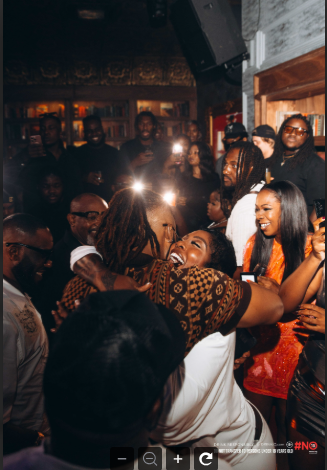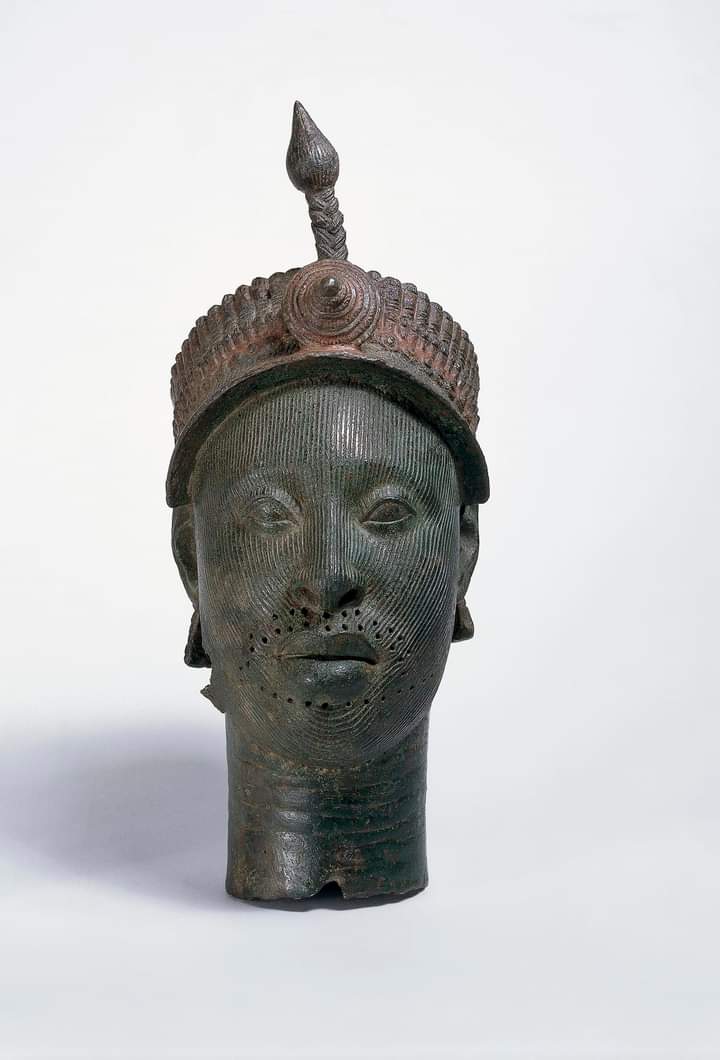Oranmiyan: The Yoruba Prince Who Redefined Benin’s Monarchy
Oranmiyan: The Yoruba Prince Who Redefined Benin’s Monarchy
Across West Africa’s rich historical tapestry, few figures stand as tall and as consequential as Oranmiyan, the Yoruba Prince whose journey from Ile-Ife to Igodomigodo (now Benin) changed the course of a kingdom forever. Though his reign in Ule-Ubinu was brief, his legacy is enduring – etched in the traditions, titles, and royal bloodlines that define the ancient kingdom today.
Despite efforts by some to rewrite history or dilute its clarity, the facts – both from oral traditions and academic records – converge on one truth: Oranmiyan was undeniably Yoruba.
A Prince from Ife (Oriade Ule-Ufe)
Born into the royal house of Ule-Ufe (Ile-Ife), Oranmiyan was a direct descendant of Odùduwà, the revered progenitor of the Yoruba people. His title, “Omo Oodua ni Ife” (Son of Oduduwa of Ife), was not just a matter of identity; it was a statement of pride and heritage. Nowhere in Benin’s authentic oral tradition does Oranmiyan refer to himself as a son of the Ogiso dynasty or claim descent from Ekhalederan, the often-mythologized figure in Edo narratives.
If anything, Oranmiyan rejection of Idu/Igodomigodo customs further affirms his foreign origin. He spoke only Yorùbá, resisted the local spiritual order, and sought to integrate his host kingdom into the wider Yoruba cosmological and sociopolitical framework. His refusal to learn the Idu/Igodomigodo language or embrace its traditions was not arrogance, it was loyalty. He never abandoned who he was.
Transforming Igodomigodo (Ìyípadà Ìlú Igodomigodo)
✓Oranmiyan tenure in Igodomigodo was marked by sweeping reforms:
✓Change of Title: He abolished the title of Ogiso, the ancient designation for Igodomigodo kings, and replaced it with the Yorùbá word Oba, meaning “king.” This alone was a monumental cultural shift.
✓Renaming the Kingdom: Disillusioned by the resistance he faced, he renamed the land Ulè-Ùbínú (“Land of Vexation”), reflecting his frustration. This name would later evolve – through Portuguese mispronunciation – into Benin.
✓Importing Yorùbá Religion and Mysticism: Finding the local priests and oracles inadequate, Òrànmíyàn summoned Yoruba babaláwos, herbalists, and diviners from Ilé-Ifè. He brought with him deities like Ògún, Òsun, and Olókun, who continue to be venerated in Benin today.
✓Cultural Integration: He created a blacksmithing guild in the kingdom, naming them Alágbède, the Yorùbá term for artisans who work with iron. The tools of war used in his campaigns—Àdá (machete) and Òbe/Èben (knife)—are Yoruba in both name and origin.
All these actions were not accidental; they were deliberate cultural implants – efforts to recreate a Yorùbá environment within a resistant territory.
Return to Roots (Oríadé kìí sùn’ta)
When Òrànmíyàn’s mission in Igodomigodo concluded, he did not settle there. Instead, he returned to Ilé-Ifè, where he lived out his final days, died, and was buried and deified. For ancient people, especially royalty, burial among one’s kin was sacred. If Òrànmíyàn had been Idu, he would have sought rest in Ulè-Ùbínú. But Ulé-Ufè (Ilé-Ifè) was his home, and it was there he chose eternity.
Securing the Throne for His Lineage (Àalè)
Understanding the complexities of ruling a foreign land, Òrànmíyàn devised a strategic plan. He married Erinwinde, the daughter of an Idu/Egor chief, to ensure that his heir would carry both Yorùbá and Idu blood. This move produced Prince Àdó (Eweka I), the first official Oba of Ulè-Ùbínú (Benin), blending legitimacy with legacy.
Through this mixed descent, Òrànmíyàn’s bloodline gained full acceptance in Benin. To this day, the Benin monarchy traces its royal line to him, a Yorùbá prince whose imprint on their history is unerasable.
A Heritage That Endures (Ògún Ayérayé)
Òrànmíyàn’s journey proves that identity is not just about where one rules, but where one comes from, and where one returns. His actions, words, and legacy echo this truth: he was Yorùbá, through and through. He did not hide it. He lived it. He ruled with it. And he transformed a kingdom through it.
Even in today’s Benin, Yorùbá culture remains embedded—in royal titles, rituals, and spiritual practices. This is not coincidental. It is the legacy of Òrànmíyàn.
So when we say, “Abieyuwa n’ovbi Oòduàn’Uhe ghato kpere… Ise!” (Long may you reign, son of Odùduwà of Ifé), we honor not only a king but also the undeniable Yorùbá heritage that continues to shape the identity of Benin.
Long live Yoruba Race!!!



